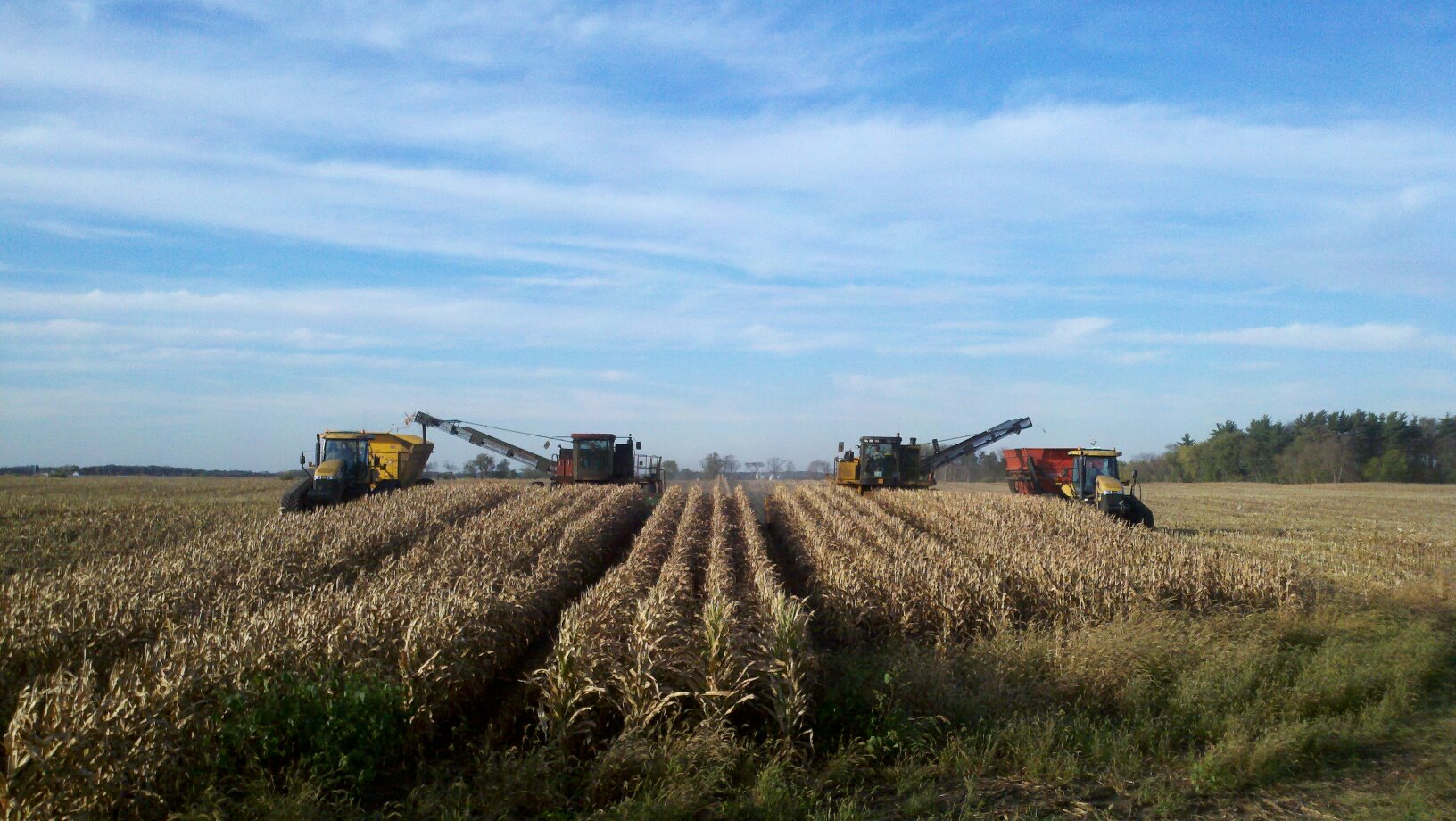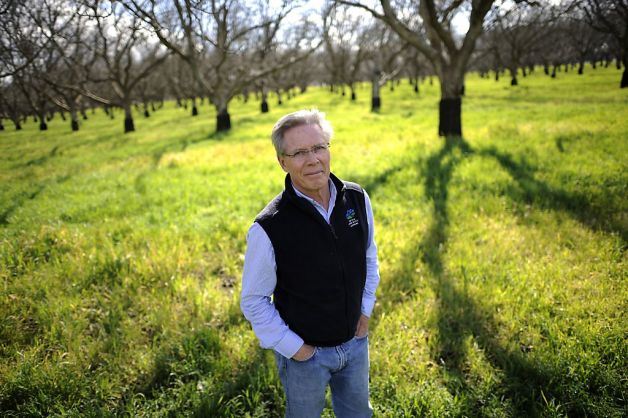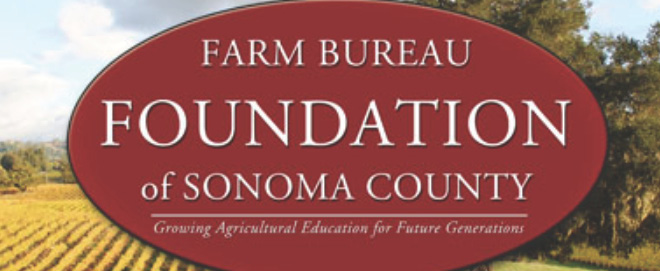Tips for the 12th International Conference on Precision Agriculture
The 12th International Conference on Precision Agriculture will take place on July 20 – 23, at the Hyatt Regency in Sacramento. Here are a few details to help you get you prepared for the conference.
12th ICPA Awards Nomination Deadline April 18th
Nominations for several awards in different categories are now open. Deadline Friday, April 18th, 2014 for awards nomination applications. Brief descriptions of the awards in different categories are listed below. If you have questions, please email awards@ispag.org.
Papers due April 30, 2014
All abstracts have been reviewed and acceptance and rejection emails have been sent to the corresponding authors. If you have a question about the status of your abstract please login to check your abstract status.
The tentative conference program is online. Please review the program and confirm the date of your presentation. If you have conflicts or need to change the date, we will try to accommodate these requests. If you have any questions, please email info@ispag.org.
Below are links to the author instructions for full papers and summary papers for the proceedings. These papers are due April 30, 2014.
Author Instructions
Oral Presentations – Full Paper
Poster Presentations – 2-Page Summary
Registration Online
Please register for the conference. Online registration is available. A pdf registration form is availabe if you need to pay by check or wire transfer. If you need any help with registration please contact registration@ispag.org.


















